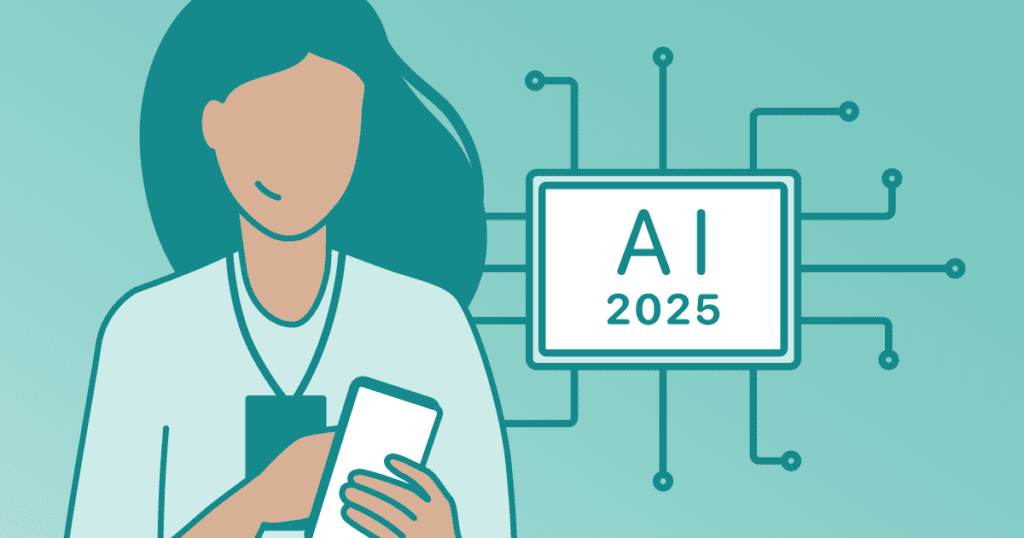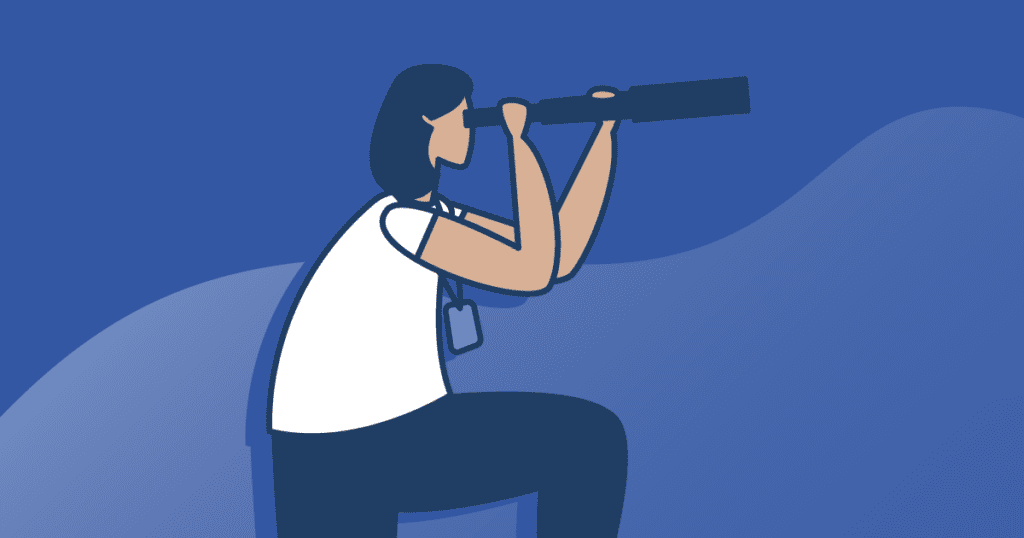The holidays are here! That means self-care is more important than ever. Listen, we get it. This is the Super Bowl of event planning, and you can’t just kick back with your feet up. That being said, if you ignore your mental health, you put yourself at risk of burnout.
Self-care may seem like a luxury, but it’s an integral part of maintaining your performance level. Everything from unplugging to setting boundaries and—surprise—getting enough sleep will dictate just how effective you are at managing your holiday events.
To help you achieve MVP event planner status, we’ve compiled a holiday survival guide packed with best practices for reducing or managing stress. Read on for your ticket to thriving during the holidays!

Protect your Zzz’s.
It’s the most obvious yet the easiest to forget during busy periods. You tell yourself that one or two hours less won’t make a difference, but it catches up with you. Not only does sleep deprivation impair focus, problem-solving, and emotional regulation, but it increases stress, too.
Quality sleep isn’t just about the number of hours. It’s just as important to keep (as best as you can) a routine. This means waking up and going to bed at the same time every day. If you’re expecting a busy schedule, start waking up early to give yourself extra hours at the start of the day when your energy is highest—instead of tacking them on at the end.
You’ll also want to create an optimal environment for sleep. This includes keeping your room cool (65-68 degrees), refraining from large meals or drinking alcohol before bed, and avoiding looking at screens 1-2 hours before bedtime.
If you’re well rested, you’ll be better equipped to manage stressful situations and recover from unexpected challenges during holiday event planning.

Set boundaries early.
You’ve probably heard about the importance of setting boundaries. When it comes to busy planning seasons like the holidays, this advice is doubly important. Letting your boundaries slip when things get stressful and overwhelming is too easy.
Benefits of boundaries
- Increases productivity
- Minimizes work-related stress
- Keeps workload manageable
- Sets an example for a healthy workplace culture
Establish clear schedule boundaries as well as communication boundaries. At what time will you no longer be available? Some people are happy to field calls into the evening (even though it won’t help their sleep), while others need this time to unwind. Share this with your colleagues so you can unplug without guilt.
Set aside extra time in your schedule to manage the increased workload before things get busy. If you do this in advance, you’ll be able to meet the intensified schedule with intention rather than packing on extra hours at random out of workload panic.
Prevent meetings from putting you behind on tasks by blocking out busy periods in your schedule. Share this with your team so they know when you’re unavailable for meetings. If an appointment is suggested within these times, politely suggest another time.
These “no-meeting” blocks don’t have to be solely for work tasks but can also free you up for personal responsibilities like picking up kids from school.
Flee your screens.
As planners, we live and die by our devices, especially during holiday event planning. However, if you want to reduce stress and maintain high performance, taking screen breaks is essential.
Too much screen time results in a phenomenon known as “screen stress,” displayed in over 100 million Americans and 40% of the population in developed countries. It can also result in issues like eyestrain headaches and impaired empathy (a nightmare for those carefully-honed relationships).
Reducing screen time is easier than you think! Use your trusty event planner schedule to set aside time for “screen breaks.” Intentionally scheduling it will make incorporating breaks into your workload more manageable. As noted above, setting communication boundaries with co-workers will further help you disconnect.
Another helpful tip is to turn off social media (and all other non-essential) notifications. This reduces the time you switch tasks to look at that oh-so-tempting Instagram post your friend just made. As an added benefit, you’ll have more time to conquer those holiday tasks!
Breathe in—and out.
No matter how busy you get, you can always find at least 10 minutes in the day for a quick mindfulness exercise. A short meditation calms the mind and improves stress management, making it an obvious choice for planners tackling the holidays.
While you can meditate or do short breathing exercises any time, the morning is usually best. Before arriving in the office, this time is (usually) entirely under your control. You’re in a comfortable, calm environment, ideal for peaceful meditation.
You can do a basic meditation with regular breathing or focus on a mantra that prepares you for the day ahead. You can use tons of short, empowering mantras to prime yourself for successful, stress-free holiday event planning.
Empowering mantras
- Think big. Start small.
- I will not try to please everyone. I will simply do what I know is right.
- I’m not supposed to have all the answers.
- Nothing is good or bad, but thinking makes it so.
Download a meditation app like Insight Timer or Headspace for guided meditations. These may be especially helpful for beginners who struggle to reign in their frantic thoughts. Other meditation apps are out there, but these are highly rated and easy to use.
Get your pump on.
Just like with sleep, busy periods make it easier to procrastinate your daily workout. However, if you want to reduce stress and prevent burnout, it’s essential to maintain those physical routines. The key to retaining these practices is also the same as for sleep.
It’s all about that schedule! Plan your weekly workouts ahead of time so you can maintain your practice without falling behind on holiday event planning. Go with us here, but don’t plan your workouts around your event tasks. This seems counterintuitive, but it’s much easier to maintain a habit when it’s a recurring, unchanged part of your schedule. If you start making exceptions, soon you’ll lose your healthy routine to the season’s demands.
Regular physical exercise has essential benefits, including reduced anxiety, increased endorphins (the feel-good stuff), increased energy levels, improved memory, and improved sleep. You’ll successfully manage your holiday events while getting a head start on that 2024 beach body!
Holiday thriving guide.
The holidays are an exciting time for us event planners. It’s our chance to shine as we take on themed parties, trade shows, and end-of-the-year conferences. The amount of events increases, but there is still the same demand for quality, which can lead to increased stress.
Survive holiday event planning by protecting your sleep, setting healthy boundaries, taking screen breaks, and maintaining powerful practices like meditation and physical exercise. Not only will you more effectively handle stress, but you’ll also improve your event planning capabilities and become the MVP of the holidays!
This is about more than surviving the holiday season; it’s about thriving in it!







